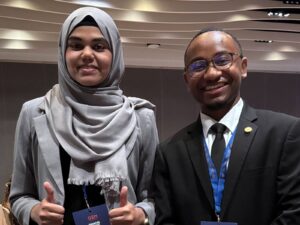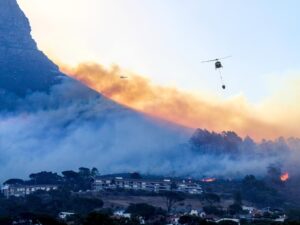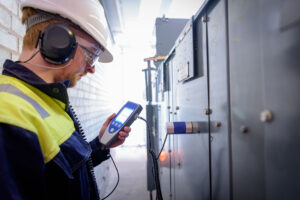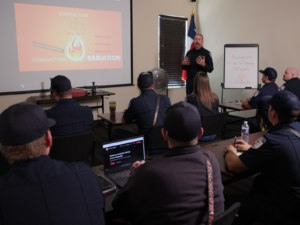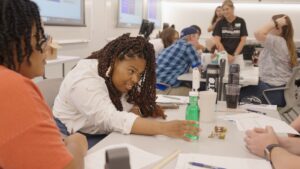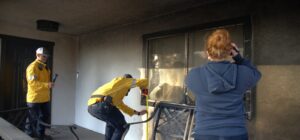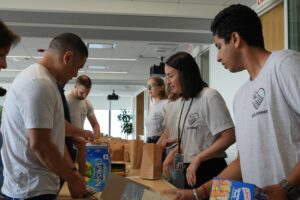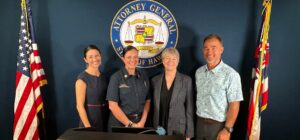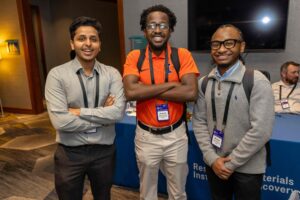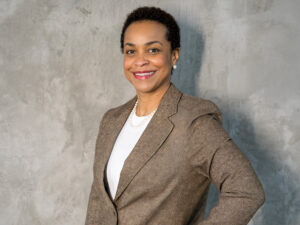Institute for Research Experiences & Education Creates New Approaches to Science Literacy
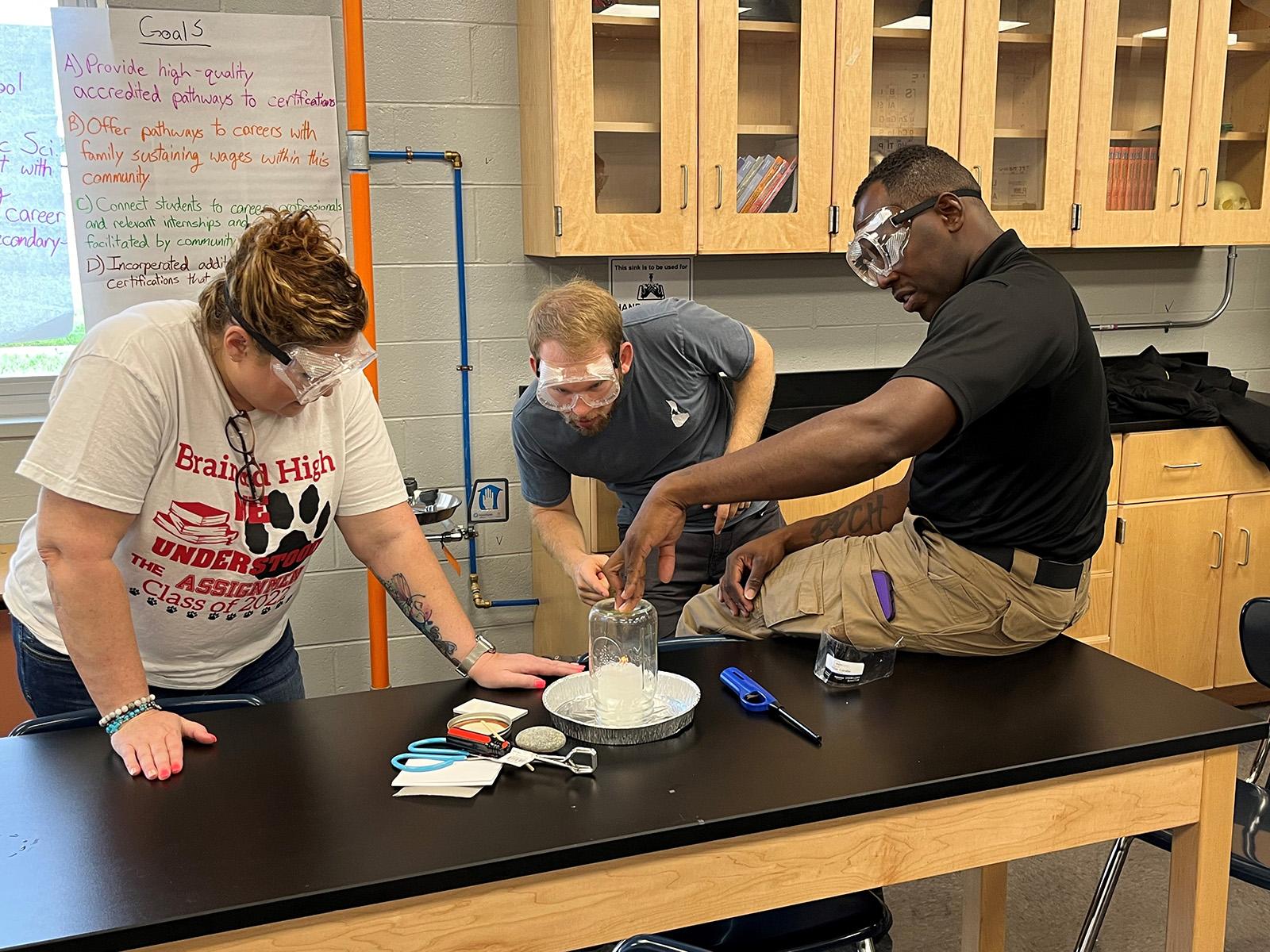
Though everyday life in today’s world relies increasingly on science and technology, science literacy is less pervasive. Indeed, only 22% of U.S. high school seniors demonstrated science proficiency in the 2019 National Assessment of Educational Progress, while another 37% performed at NAEP’s basic level.
That’s where the Institute for Research Experiences & Education at UL Research Institutes comes in. This institute works to build science literacy by educating and engaging young people in safety science while creating access and opportunities in scientific research and standards development.

“Science is no longer just for scientists,” said Chris Cramer, Ph.D., ULRI’s chief research officer. “Everyone needs a reasonable level of science literacy to understand and make informed decisions in everyday life. Through our education institute, we work to expand science literacy and student equity by creating meaningful STEM education programs and career pathways.”
The Institute for Research Experiences & Education works to broaden understanding of and participation in safety science through a mix of unique educational programs, academic partnerships, and research and standards development experiences.
Well known among these programs is Xplorlabs, a digital educational platform created in 2015 to engage middle school students with science through learning pathways that focus on real-world challenges relevant to today’s world. Using a blend of online interactive activities, videos, and hands-on classroom investigations and challenges, Xplorlabs brings to life reliable ULRI research tied to scientific concepts using contemporary best practices in science and engineering education.
The Xplorlabs site includes dynamic learning pathways on electrical power, fire forensics, and the lithium-ion battery supply chain, from extraction to e-waste. In March, a redesigned version of the “Portable Electrical Power” pathway will launch — under the new name “The Science of Thermal Runaway” — on a redesigned Xplorlabs website, said Kelly Keena, Ph.D., director of the Institute for Research Experiences & Education.

“We created Xplorlabs to help prevent the steep loss of interest in science we see among middle school students, which we call the ‘STEM cliff,’” Keena said. “Since then, we’ve worked with students and teachers in hundreds of communities across the United States and Europe and shared our Xplorlabs modules with the Harvard University LabXchange digital classroom.”
Additionally, the institute’s Future of Safety Science webinar series translates ULRI research outcomes into another resource that seeks to engage university students in STEM education. Launched in September 2021, the webinar series offers an opportunity for students to hear presentations followed by fireside chat-style discussions that provide a look at potential careers in or related to safety science and sustainability. Webinar topics are wide-ranging, including battery sustainability, fire investigation research, science communications, and international safety standards.
The Institute for Research Experiences & Education’s academic collaborations and support for the next generation of safety scientists reach across the educational spectrum, as well.
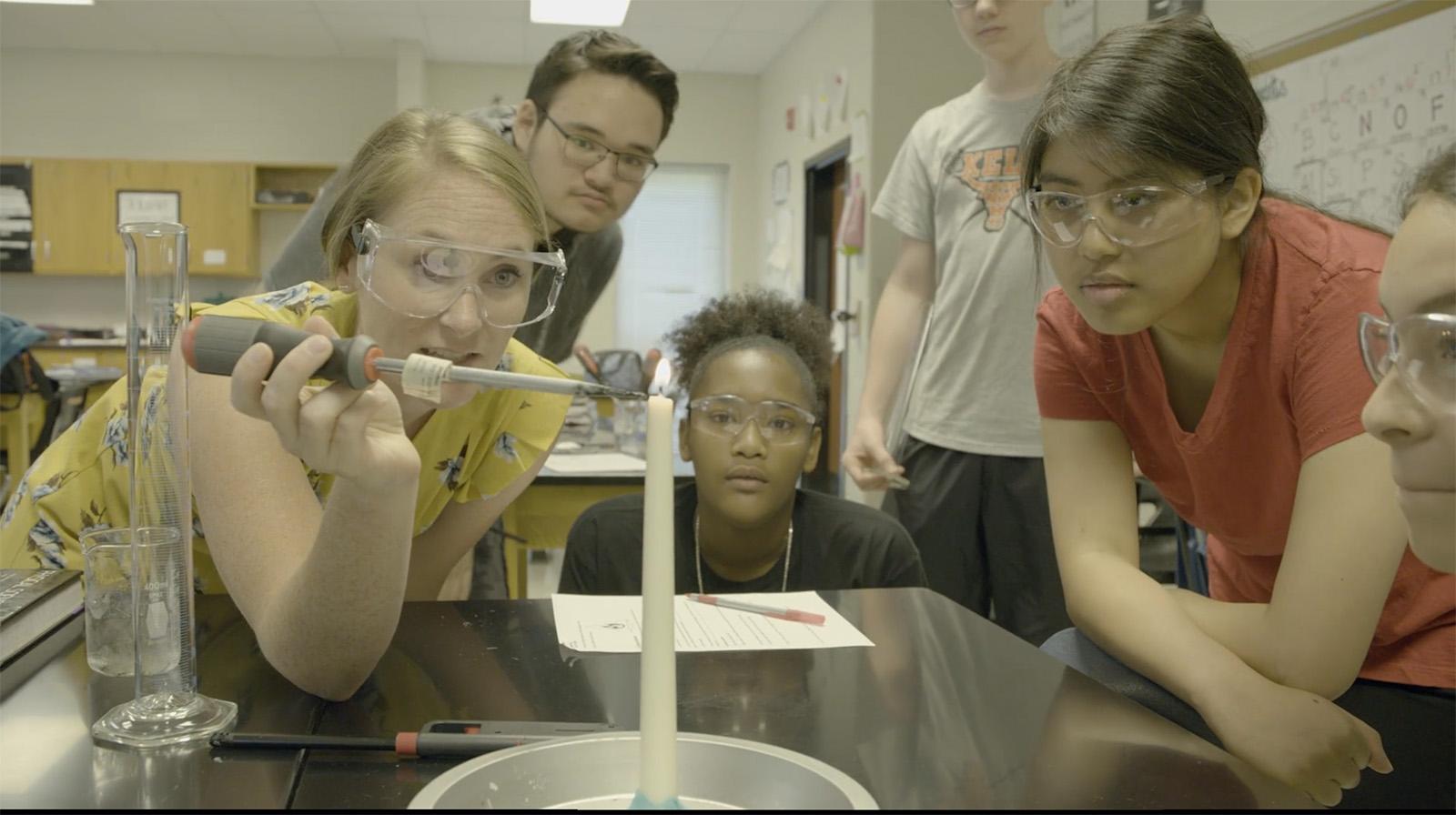
These include a partnership with the Interactive Research Methods Lab at Kennesaw State University in Georgia, which will evaluate the outcomes and impacts of the Xplorlabs program taught in Georgia’s Cobb County and Cherokee County middle schools in collaboration with area fire service and fire protection engineers. The institute is also collaborating with the recently launched Greater Phoenix Regional Centre of Expertise on Education for Sustainable Development to found the UL Research Institutes Teacher Fellows program, which will create educational resources based on sustainability issues facing the Greater Phoenix area.
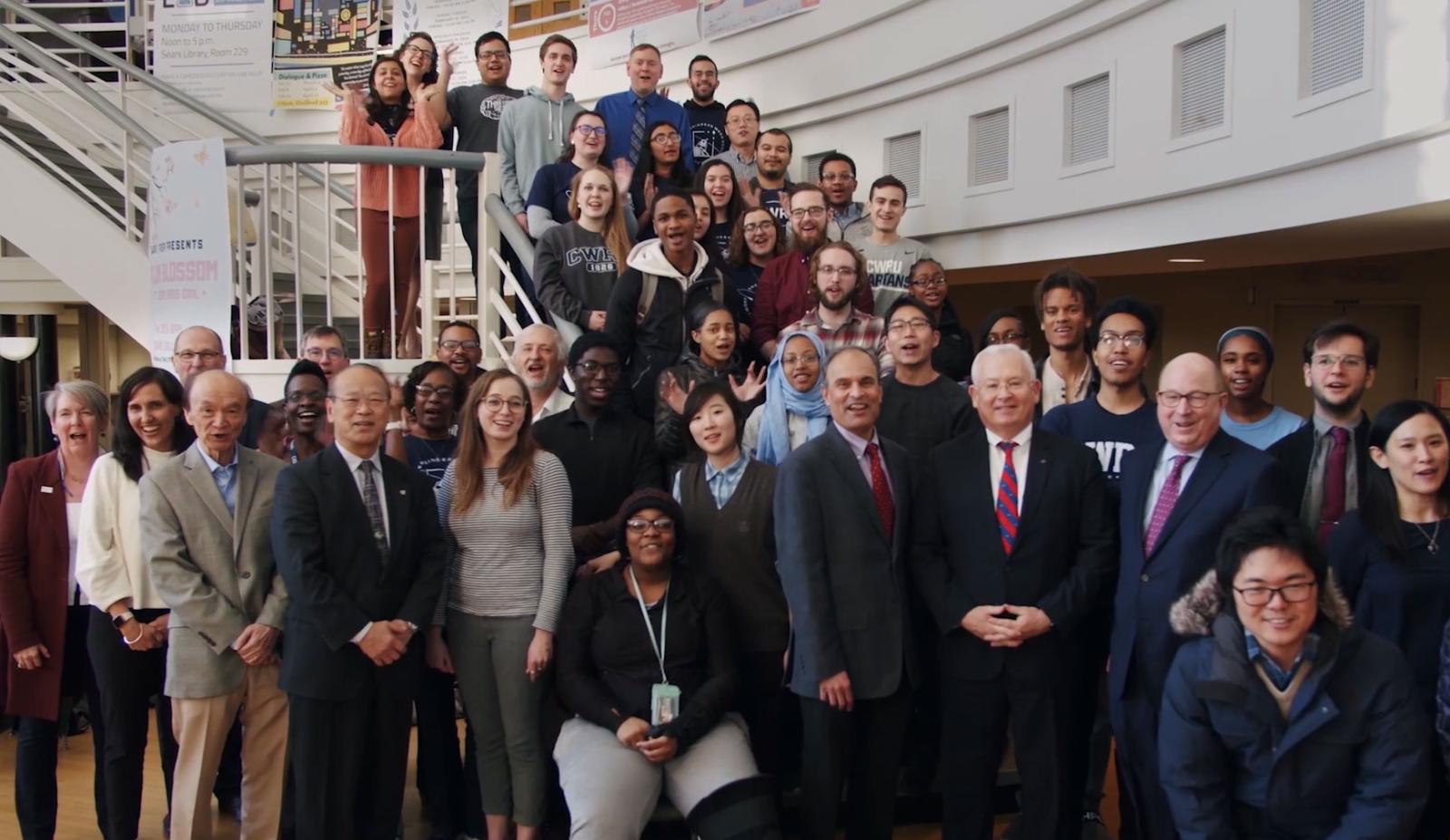
Other partnerships aim to broaden the perspectives and capabilities in the safety science landscape by reaching out to under-resourced students. ULRI’s Institute for Research Experiences & Education collaborates with Case Western Reserve University in Ohio to provide science education and recruit underrepresented students into Case Western STEM programs as well as with the National GEM Consortium to provide summer ULRI fellowships.
“Through all of our programs, we aim to create engagement and pathways for the youth who will build the future of safety science,” Keena said. “When we engage with all students — including those in traditionally overlooked groups — in STEM, we unlock the diverse perspectives that will be crucial to solving the world’s most pressing safety and sustainability issues.”
PUBLISHED
